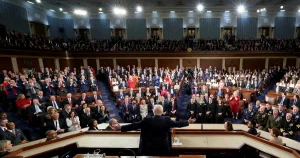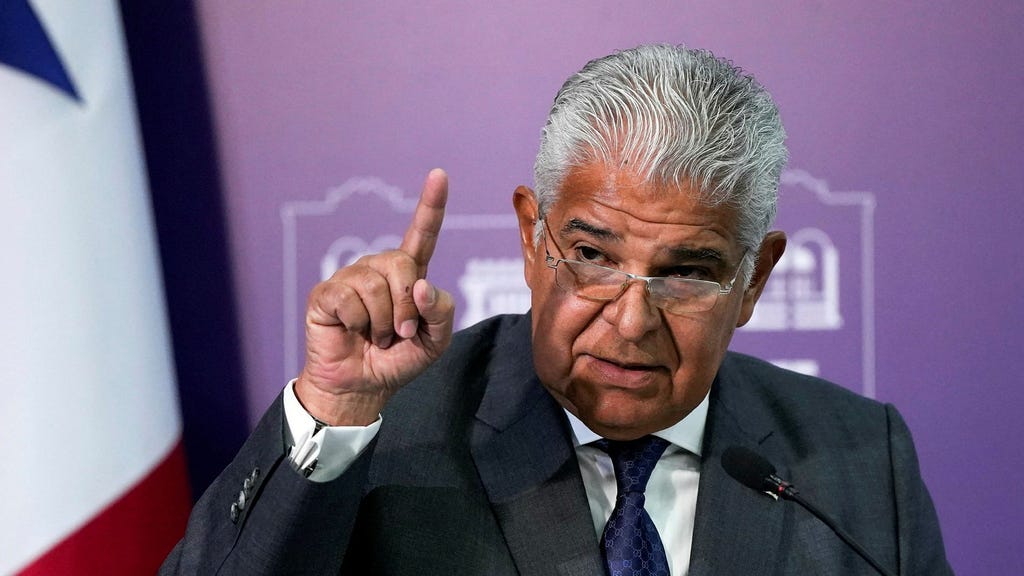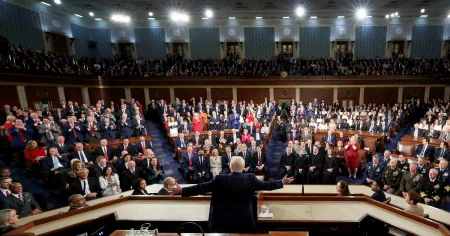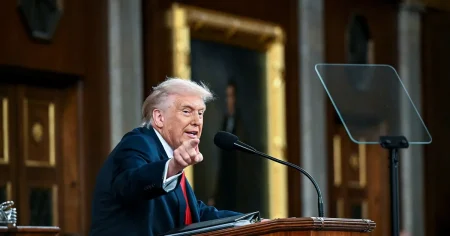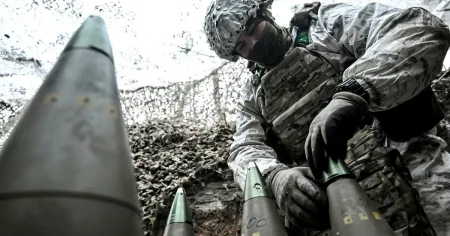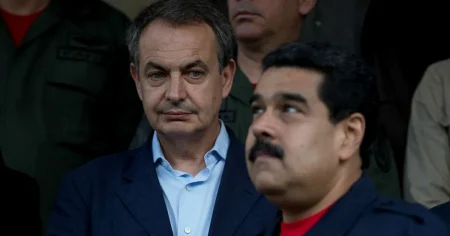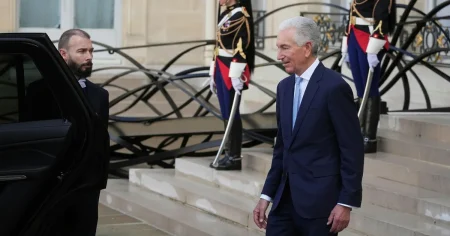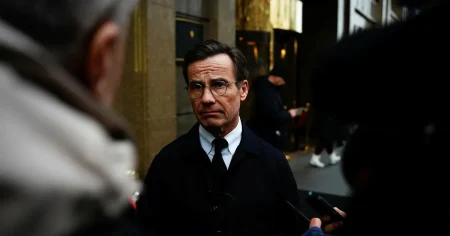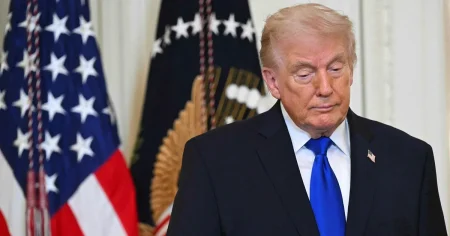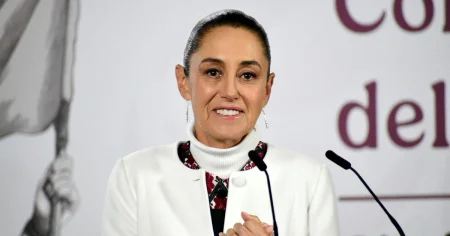The Panama Canal Dispute: A Resurgence of Historical Tensions
Former US President Donald Trump’s statements regarding the Panama Canal reignited a long-standing point of contention between the United States and Panama. Trump asserted that Panama was "ripping us off" with "ridiculous and very unfair" fees for the canal’s usage. He even suggested reclaiming the canal for the US, echoing historical power dynamics and raising concerns about potential neo-imperialist ambitions. Panama, understandably, vehemently rejected any discussion of relinquishing control of the canal, emphasizing its sovereign ownership and importance as a national asset. José Raúl Mulino, a Panamanian official, firmly stated that the canal "belongs to Panamanians" and that any negotiation regarding its ownership was out of the question. This stance reflects Panama’s national pride and determination to protect its economic and strategic interests.
Trump’s comments, delivered via his Truth Social platform, also targeted China’s involvement in the canal’s operations. He falsely claimed that Chinese soldiers were "lovingly, but illegally, running the Panama Canal." This inaccurate statement appeared to conflate the presence of a Hong Kong-based company, CK Hutchison Holdings, which operates ports at both ends of the canal, with direct Chinese military control. This misrepresentation likely served to further his narrative of the US being exploited, while simultaneously stoking anti-China sentiment. The reality is that CK Hutchison Holdings operates commercially, and the canal itself remains firmly under Panamanian authority.
The incident sparked protests in Panama, with demonstrators gathering outside the US Embassy to express their outrage at Trump’s remarks. Images of burning Trump effigies underscored the depth of resentment towards his perceived disrespect for Panamanian sovereignty. This public display of disapproval highlighted the sensitivities surrounding the canal’s historical significance and its symbolic importance to Panama’s national identity. The canal represents not only a vital revenue stream but also a hard-won victory after decades of US control.
The historical context of the Panama Canal significantly informs the current dispute. The US played a dominant role in the canal’s creation in the early 20th century, taking over the project from France after its failed attempt. The US then maintained control over the canal zone until 1977, after which a period of joint US-Panamanian administration ensued. Finally, in 1999, Panama assumed full control of the canal. This transfer of control was a watershed moment for Panama, marking the culmination of a long struggle for autonomy and self-determination.
Trump’s rhetoric threatened to reopen old wounds and undermine decades of progress in the US-Panama relationship. His nomination of Kevin Marino Cabrera, a former Trump campaign official, as the US ambassador to Panama, further fueled speculation about a shift in US policy towards the country. Cabrera’s close ties to Trump and his lack of diplomatic experience raised concerns that he might prioritize Trump’s agenda over fostering a mutually beneficial relationship with Panama.
China’s growing economic influence in Panama adds another layer of complexity to the situation. As the second largest user of the canal after the US, China has increased its investments in Panama in recent years. This growing presence, while welcomed by Panama for its economic benefits, has been viewed with suspicion by some in the US, who interpret it as a potential challenge to US influence in the region. This geopolitical backdrop underscores the delicate balance Panama must maintain between its relationship with the US and its burgeoning ties with China. The canal remains a key strategic asset, and its management necessitates navigating the interests of various global powers.
The incident involving Trump’s pronouncements on the Panama Canal serves as a reminder of the legacy of US interventionism in the region and the complex relationship between the two nations. While the immediate crisis may have subsided, the underlying tensions persist. Panama remains steadfast in its commitment to retaining control of the canal, and any future US administration will need to navigate this issue with sensitivity and respect for Panama’s sovereignty. The canal’s future, and the broader US-Panama relationship, will depend on fostering cooperation and understanding, rather than resorting to rhetoric that echoes past injustices and fuels resentment. The international community will continue to watch closely, as the Panama Canal occupies a crucial position in global trade and geopolitics.


